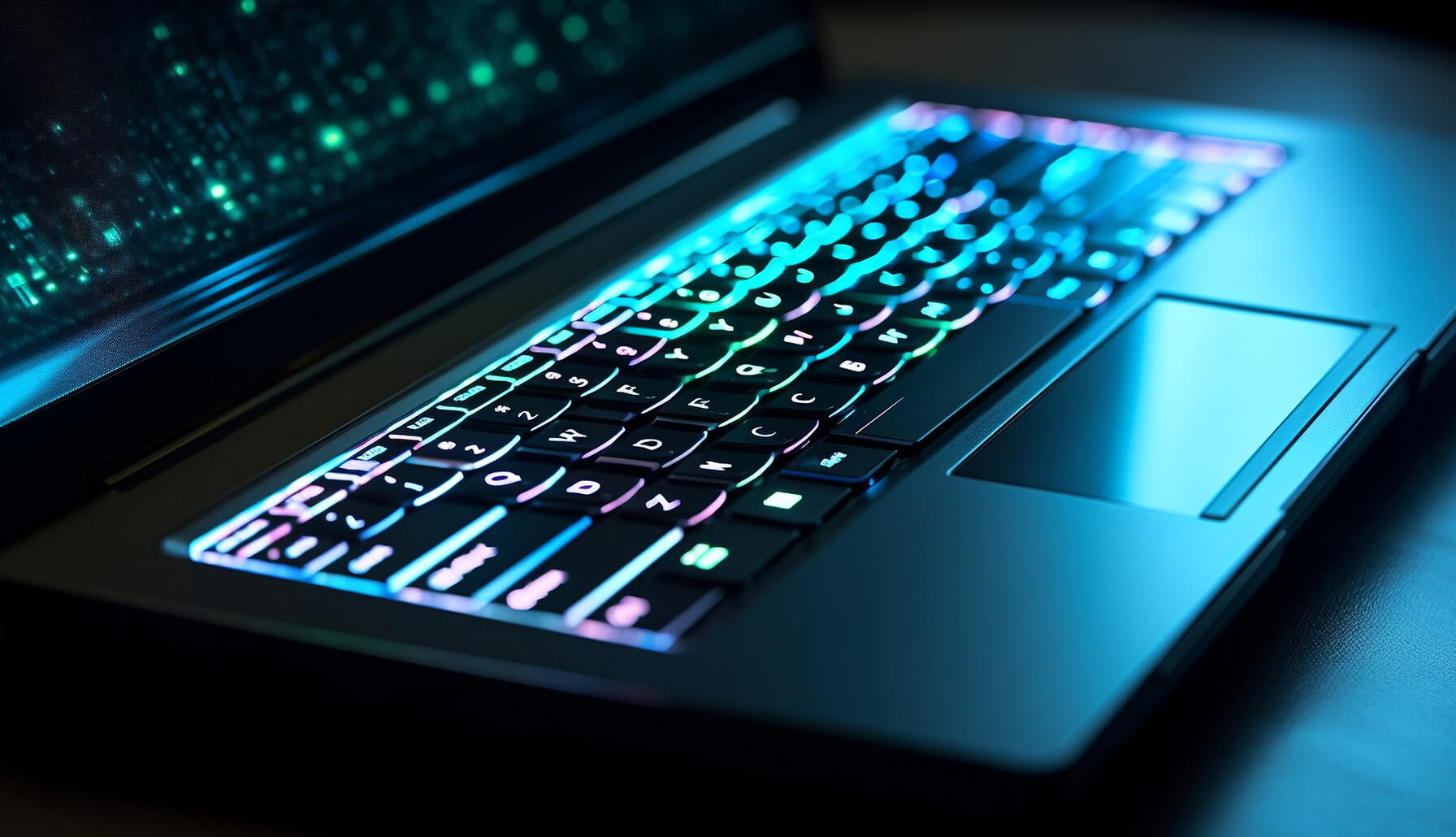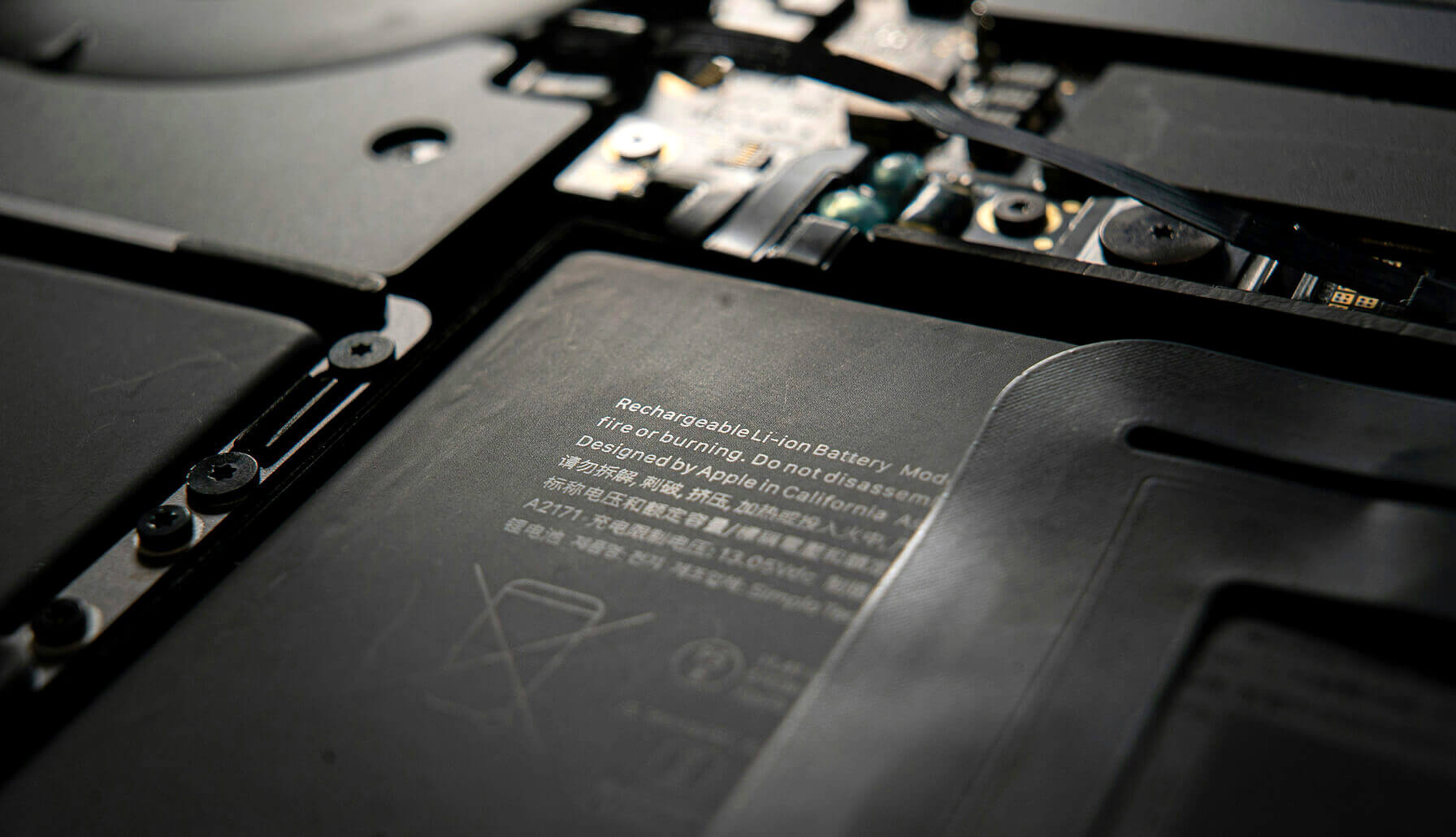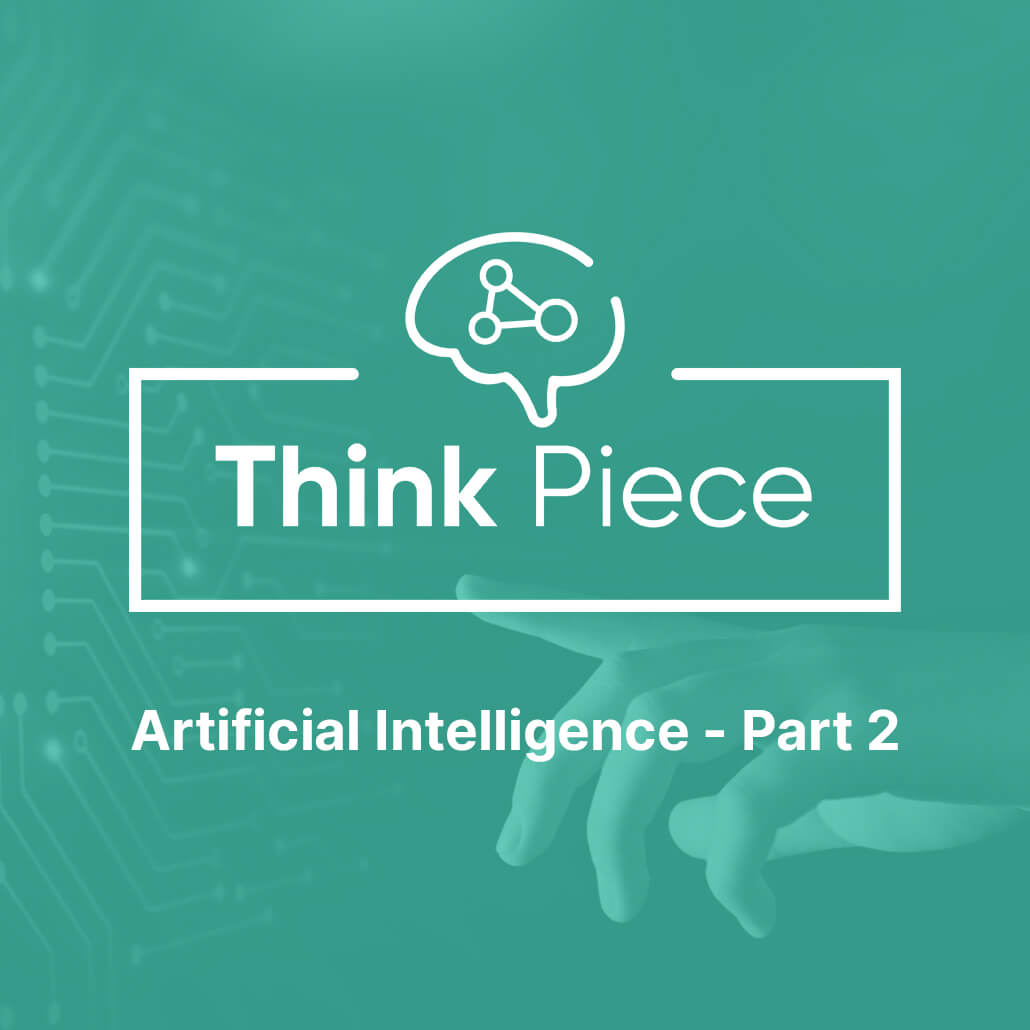The emergence of AI specialised PCs is at the eve of a significant transformation
The emergence of AI specialised PCs is at the eve of a significant transformation
PCs – the central tool with which businesses and consumers approach modern productivity and leisure – are at the eve of a significant transformation in both hardware and software capability to enable the transition to large-scale AI usage. As AI tools advance, the need for IT components will escalate in the upcoming years.
The AI-capable PC market is set for substantial growth in 2025 and 2026. By 2027, shipments are forecasted to exceed 175 million units and research indicates that 60% of PCs shipped in 2027 is forecasted to be AI-capable. Currently, many PCs equipped with powerful CPUs and GPUs can already make use of AI functionality, often through leveraging cloud-based applications. However, truly meaningful AI use cases on PCs must prioritize real time responsiveness, low latency and enhanced security. Therefore, an “AI-capable” PC must be equipped with a dedicated chipset or block to accelerate AI computing. Moreover, for advanced AI software and tools, enhanced component performance becomes vital.
The demand for IT components will escalate over the coming years
It is expected that AI functionality available to users will undergo a rapid evolution over the coming years, ramping up in complexity. These advancements will accelerate the need for components such as memory, storage and GPUs, eventually tailored to specific use cases. Circular IT can significantly contribute to this transition, whereas it aims to optimize the use and reuse of critical components that are expected to be the building blocks of AI-capable PCs. Examples of such circular IT practices are refurbishing, remanufacturing, upcycling and renting of IT hardware.
As AI applications diversify, the definition of AI will evolve transitioning to a nuanced grading system based on each PC’s AI functionalities and capabilities. There already are workstations, computers, thin clients and laptops that are specifically designed for heavy graphic design work or gaming, for example. This raises the question whether we are heading towards the development of a PC that will be entirely focused on AI functionalities, which would create an exciting new niche in the technology industry.






